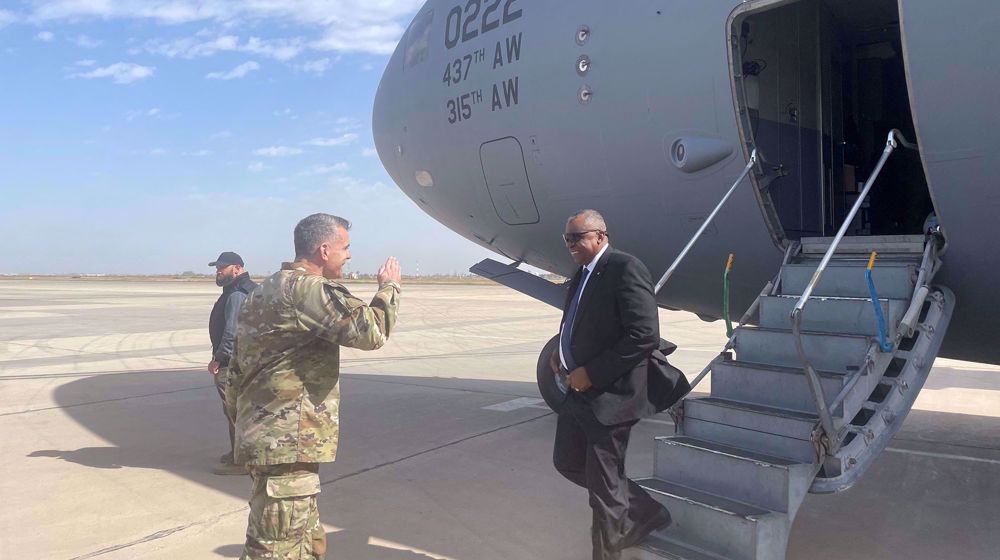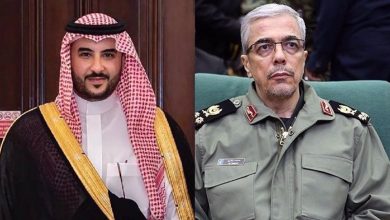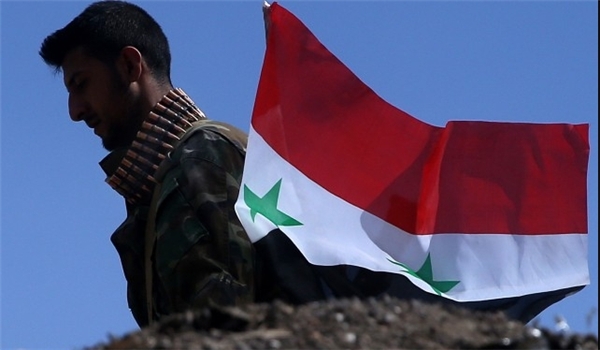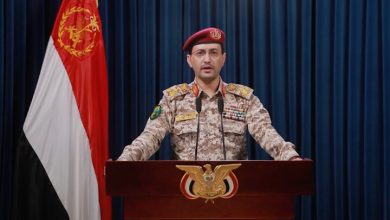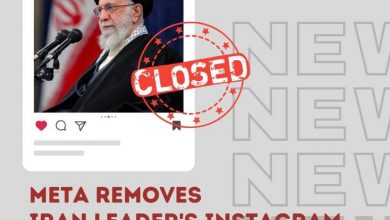‘US occupation forces legitimate target in West Asia’
A high-ranking official with the ‘Harakat Hezbollah al-Nujaba’, part of Iraq’s Popular Mobilization Units (PMU), has denounced the US military presence in the Arab country, saying the American soldiers are a legitimate target in West Asia as long as they overstay on Iraqi soil.
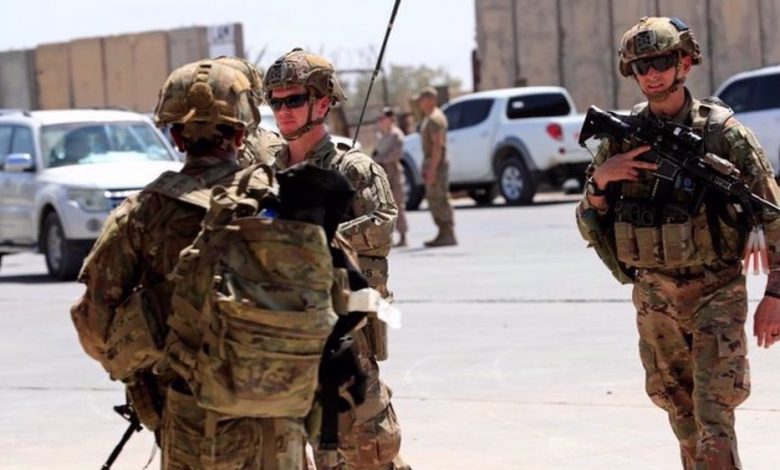
Nasr al-Shammari, the official spokesman for the resistance movement, said on Saturday his group has not struck a deal with US forces to ease tensions and suspend retaliatory operations against the soldiers. “Harakat Hezbollah al-Nujaba does not adhere to any political agreement that includes a ceasefire or reduction of tensions with American occupation forces.”
“Our official position concerning the deployment of US forces to Iraq has not changed at all. We reiterate once again that the occupation forces are a legitimate target in Iraq and elsewhere across the West Asian region as long as they are present in Iraqi territories,” Shammari said.
Read more:
Meanwhile, Kadhim al-Fartusi, a spokesman for the ‘Kata’ib Sayyid al-Shuhada’ anti-terror group, said, “Iraqi resistance movements have stopped attacks on US military forces in order to give Prime Minister Mohammed Shia’ al-Sudani a chance to arrange affairs in his cabinet, especially matters related to economy and social services.”
“The [resistance] groups are waiting for Sudani to enact a binding decision by the Iraqi parliament in relation to the expulsion of all foreign forces, mainly US troops, from Iraq.”
He said negotiations are currently underway between Sudani and Iraqi resistance factions.
“In case the prime minister fails to oust US troops through diplomatic means, the current calm will not last forever and resistance groups will be ready to drive out the US troops forcibly,” Fartusi stated.
While the United States claims it has ended its combat mission in Iraq, some 2,500 US troops still remain inside the Arab country. Pressured by the Iraqi people, US President Joe Biden and Iraq’s then Prime Minister Mustafa Al-Kadhimi declared in July 2021 that the US mission in Iraq would transition from combat to an “advisory” role by the end of that year.
Anti-American sentiments have soared in Iraq over US military adventurism in the region, in particular since Washington’s assassination of the top anti-terror commanders of Iraq and Iran in the Arab country three years ago.
General Qassem Soleimani, commander of the Quds Force of Iran’s Islamic Revolution Guards Corps (IRGC), and Abu Mahdi al-Muhandis, the second-in-command of the PMU, were martyred along with their comrades in a US drone strike that was authorized by then President Donald Trump near the Baghdad International Airport on January 3, 2020.
The two iconic anti-terror commanders are greatly admired for their instrumental role in fighting and decimating the Daesh Takfiri terrorist group in the region, particularly in Iraq and Syria.
Two days after the dastardly attack shook the region, Iraqi lawmakers unanimously approved a bill that required the government to end the presence of all US-led foreign military forces in the Arab country.
